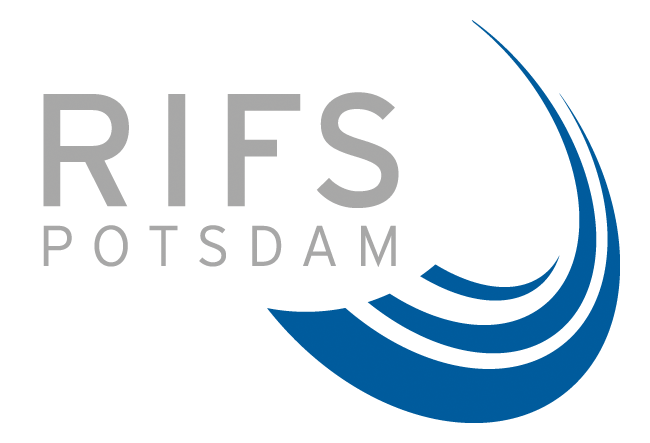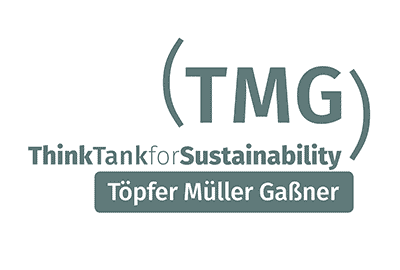The second part of the online seminar entitled ‘Sustainable use and conservation of biodiversity in ABNJ in the South-East Pacific’ that took place in the framework of the joint activities of the Permanent Commission for the South Pacific (CPPS) and the STRONG High Seas project, was held on 4-5 March 2021. It aimed at providing a platform for discussion among experts from the Southeast Pacific region on possible measures to conserve and sustainably manage biodiversity in the marine areas beyond national jurisdiction (ABNJ) of this region. This seminar specifically discussed: a) possible area-based management tools for the conservation and sustainable use of marine biodiversity in ABNJ in the Southeast Pacific and b) challenges and opportunities for the implementation of such measures (including management, legal and policy instruments).
About 152 expert representatives from the CPPS member States Colombia, Ecuador, Chile and Peru as well as international experts attended this seminar. The discussions were preceded each day by presentations. On the first day, Juan Camilo Cárdenas (CEDE of the Universidad de los Andes) presented his research on collective action to address marine conservation and management challenges in ABNJ. Elizabeth Mendenhal (University of Rhode Islands) talked about structural challenges in high seas conservation. Finally, Kristina Gjerde (IUCN) highlighted the common interests and shared responsibility for the conservation and sustainable use of marine biodiversity in ABNJ.
On the second day, Jaime Aburto (Universidad Católica del Norte / ESMOI) talked about the need to include indigenous and local communities in discussing and bringing about marine protection efforts, giving the example of his recent study in Rapa Nui. Hugh Gohan (University of the South Pacific / LMMA) presented the conservation and fisheries management efforts of done in the Southwest Pacific region.
The workshop summary can be found here in English and here in Spanish (day 1 and day 2).




